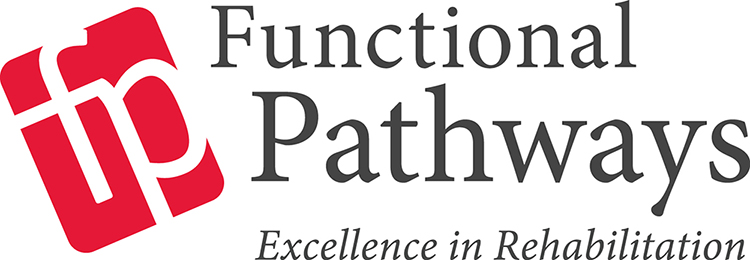A major component of the Affordable Care Act was the creation of the Hospital Readmissions Reduction Program, which strives to reduce preventable hospital readmissions. As of October 2013, 2,225 hospitals have been penalized $227 million for excessive readmissions, and the penalties will become more severe as the maximum penalty rises to 3% in 2014, and new measures are added to the list of diagnoses that result in hospital penalties for avoidable readmissions. As a result, hospitals are focused now, more than ever, on strategies to reduce avoidable hospital readmissions.
Interventions to Reduce Acute Care Transfers (INTERACT) was originally designed to improve the early identification, management, documentation and communication about acute changes in condition of skilled nursing center residents. The program has now expanded to include tools specifically targeted toward assisted living providers and home health care. The new tools are available at the INTERACT website. A version for accountable care organizations and health systems is also currently in development.
While it is true that most readmission reduction efforts so far have focused on Medicare beneficiaries, largely because Medicare readmission rates have been tied to reimbursements, the rise of managed care and other payment models means hospitals are under pressure to reduce readmissions across the board, including a focus on Medicaid patients. Adult Medicaid patients admitted to the hospital for reasons other than childbirth, are readmitted at rates that are “as high or higher” than Medicare beneficiaries. Post-acute care providers now have additional resources to assist with this issue as well.
The Agency for Healthcare Research and Quality has released the first-of-its-kind toolkit to help hospitals and post-acute facilities reduce Medicaid readmissions. Hospital partnerships with post-acute and long-term care facilities are crucial to reducing Medicaid readmissions, and providers now can refer to a new report and free toolkit to help forge these relationships, a government agency announced Wednesday. The guide from the Agency for Healthcare Research and Quality is the only federal tool available that focuses on reducing readmissions of Medicaid beneficiaries, the organization stated.


Comments (0)